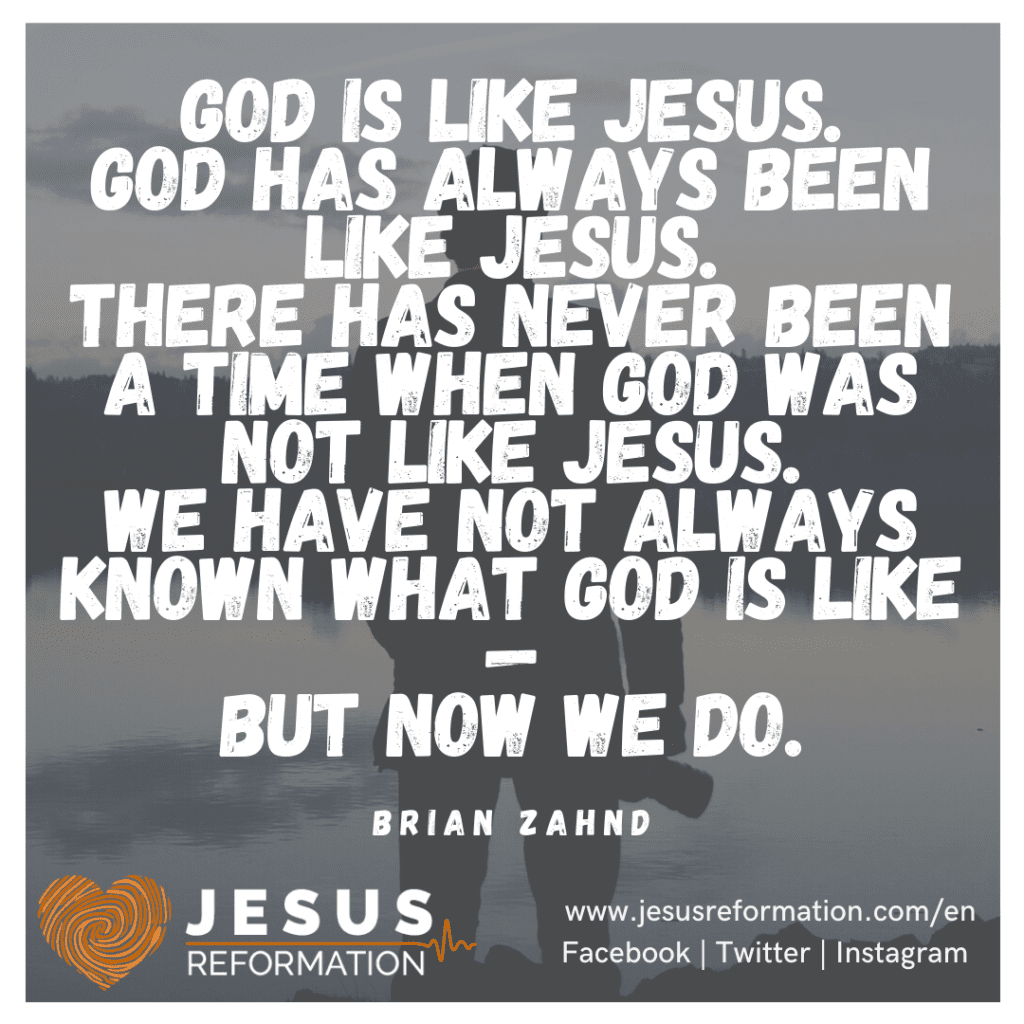How is the exclusive claim that Jesus is the only way compatible with Abba’s all-inclusive love? That is the question that Bradley Jersak tries to answer in his book “In—Incarnation & Inclusion, Abba & Lamb”. Every chapter is packed with insight covering treasures from the Bible, testimonies, and helpful comparisons. Due to a large amount of excellent content this review will cover only a few selected highlights from the book.
In chapter 1 (Radical Uniqueness), Jersak works out the uniqueness of Christ in John 1 while upholding John’s cosmic idea of the incarnation. Jesus Christ alone is the true light (1:9) and through him, everything was made (John 1:3). At the same time, he is the one who gives light to everyone (1:9), not just Christians.
Chapter 2 (Radical Inclusion) points out how deep the in-out-thinking among the Jews was. The Old Testament clearly identifies some people as not being part of the people of God (e.g., Dt 23), for example, Moabites and eunuchs are out! At the same time, we find within the pages of the Old Testament that exactly these people are in (Ruth was a Moabite and Isaiah reimagined who is in and who is out (Is 56:3-7)). Jersak suggests that the in-and-out-dualism collapses in the new covenant and is replaced by God’s all-inclusive love. He illustrates this with the story of Cornelius (Acts 10). God listened to Cornelius and spoke to him a long time before Cornelius knew about Christ. Peter understood that Cornelius was clean even before he was baptized because of what Christ accomplished through his death and resurrection. Jesus Christ is indeed the savior of the whole world (John 4:42) and the lamb that took away the sin of the whole world (John 1:29).
In Chapter 3-5, Jersak explains his understanding of the uniqueness of Jesus and Abba’s all-inclusive love in deeper ways using illustrations, testimonies and highlighting that no one has a perfect understanding of God but that all of us fill our idea of God with a personal mix of beliefs that don’t fit 100% to God. Our mental image of God will influence how we live. It can cause death or life. Therefore, we must always remember that God is most clearly revealed in Jesus Christ (Hebr 1:3).

Chapter 4 & 5 include amazing testimonies of Muslim insider believers, prison chapels, and yoga masters.
In chapter 6 (Radical Release), Jersak focuses on the topic of forgiveness. He defines what forgiveness is and what it is not. After that, he unfolds 6 layers of forgiveness and illustrates his ideas with a powerful testimony of a father who abused his 2 daughters.
At the end of his book, Jersak shares a response to his book, which covers the kingdom circles. Learn more about the kingdom circles here:
In the appendix, Jersak quotes 5 church fathers as witnesses that affirm the all-inclusive love of Abba. In a second appendix, he defines the terms inclusion, pluralism, and syncretism.
My personal summary:
Jersak’s book helped me grow in my understanding that the exclusivity of Christ is not incompatible with the all-inclusive love of Abba. Rather, they belong together and need each other. The testimonies in the book touched me and showed me God’s beauty which is revealed in broken lives being restored.
My mom endured severe abuse in her childhood as well. Because she is someone who endured extreme abuse, I like hearing her opinion about some theologies to hear this theology through the ears of a victim of abuse. In my opinion, our beliefs about God need to work even in extreme cases. She affirmed that the thoughts about forgiveness from Jersak’s book were very helpful to her.
Certainly, many more things could be said about the relationship between Jesus being the only way to the father and Abba’s all-inclusive love. But this book is a great introduction to the topic. Therefore, I wholeheartedly recommend In—Incarnation & Inclusion, Abba & Lamb (by Bradley Jersak).
Related Articles:

Leave a Reply